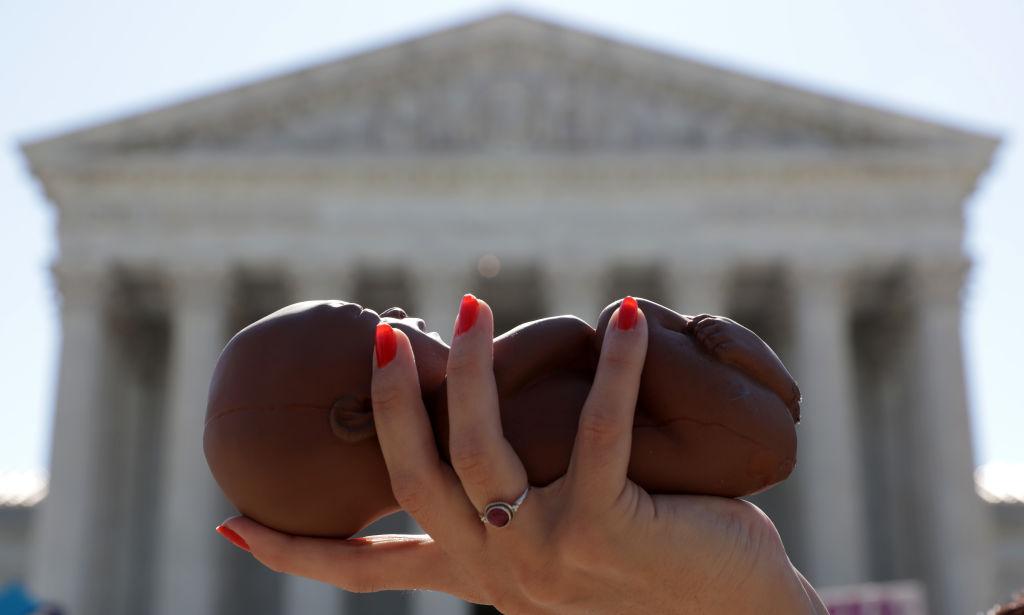Commentary
For many years, and accelerating since the Black Lives Matter riots, “diversity” has been a buzzword, a demand, a goal, and an obsession of government, business, religion, and almost every organization in America.I’m a computer scientist. I haven’t been able to open a single engineering or science journal in the past two years without seeing multiple articles about diversity. Many issues of these magazines are devoted entirely to diversity rather than, for example, scientific research or engineering accomplishments.





